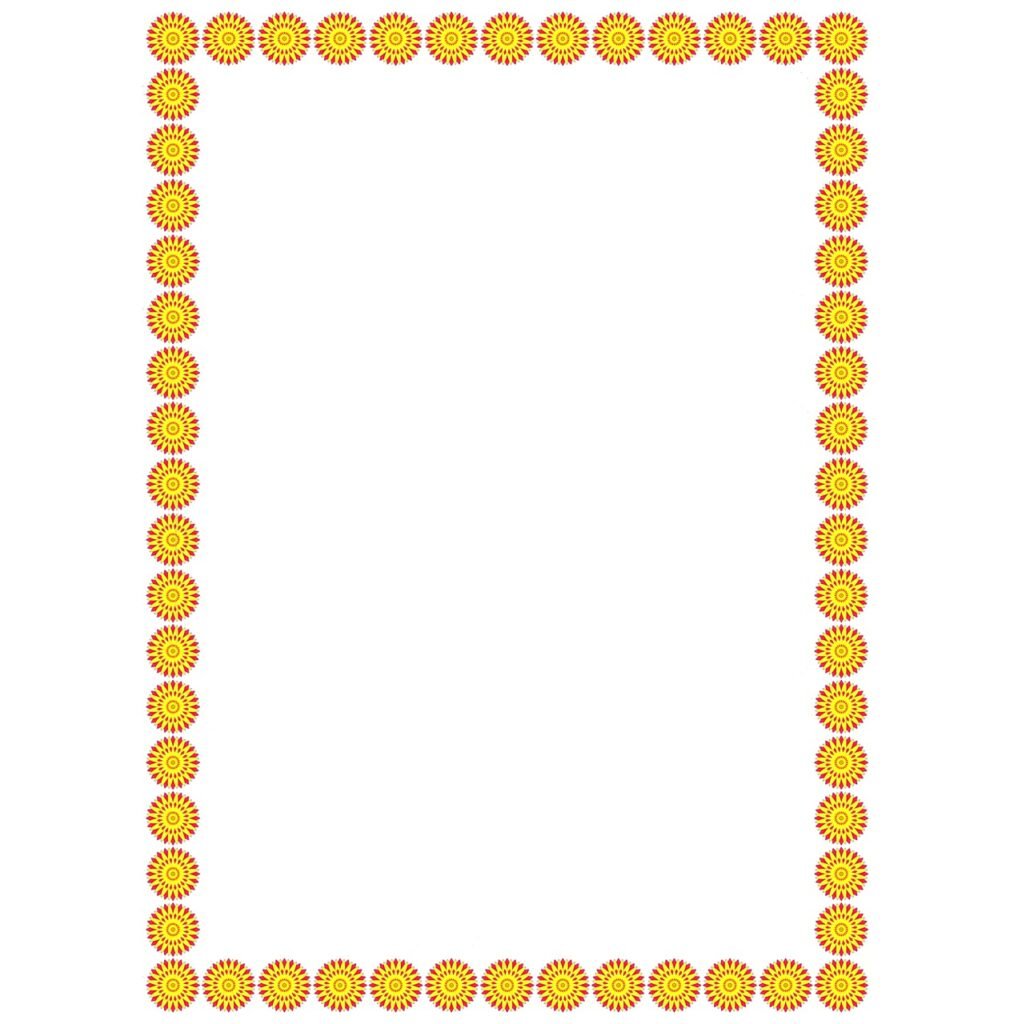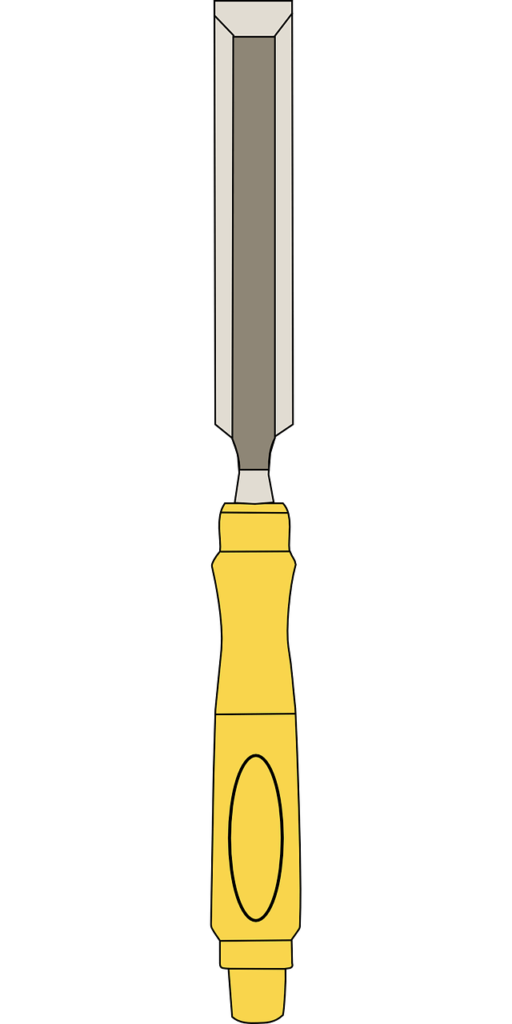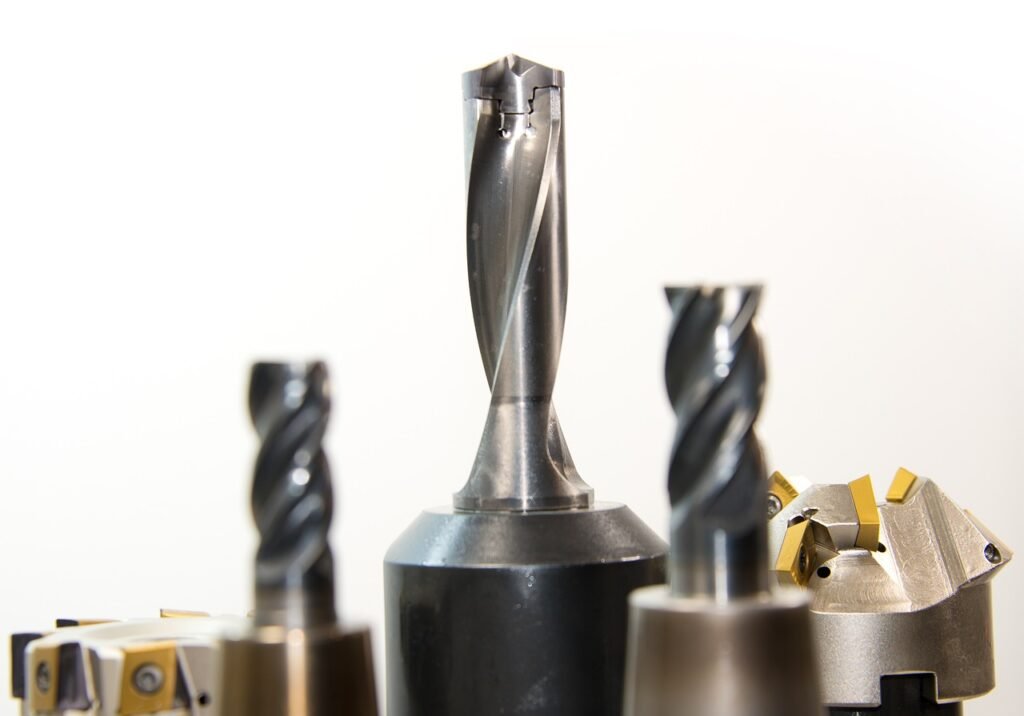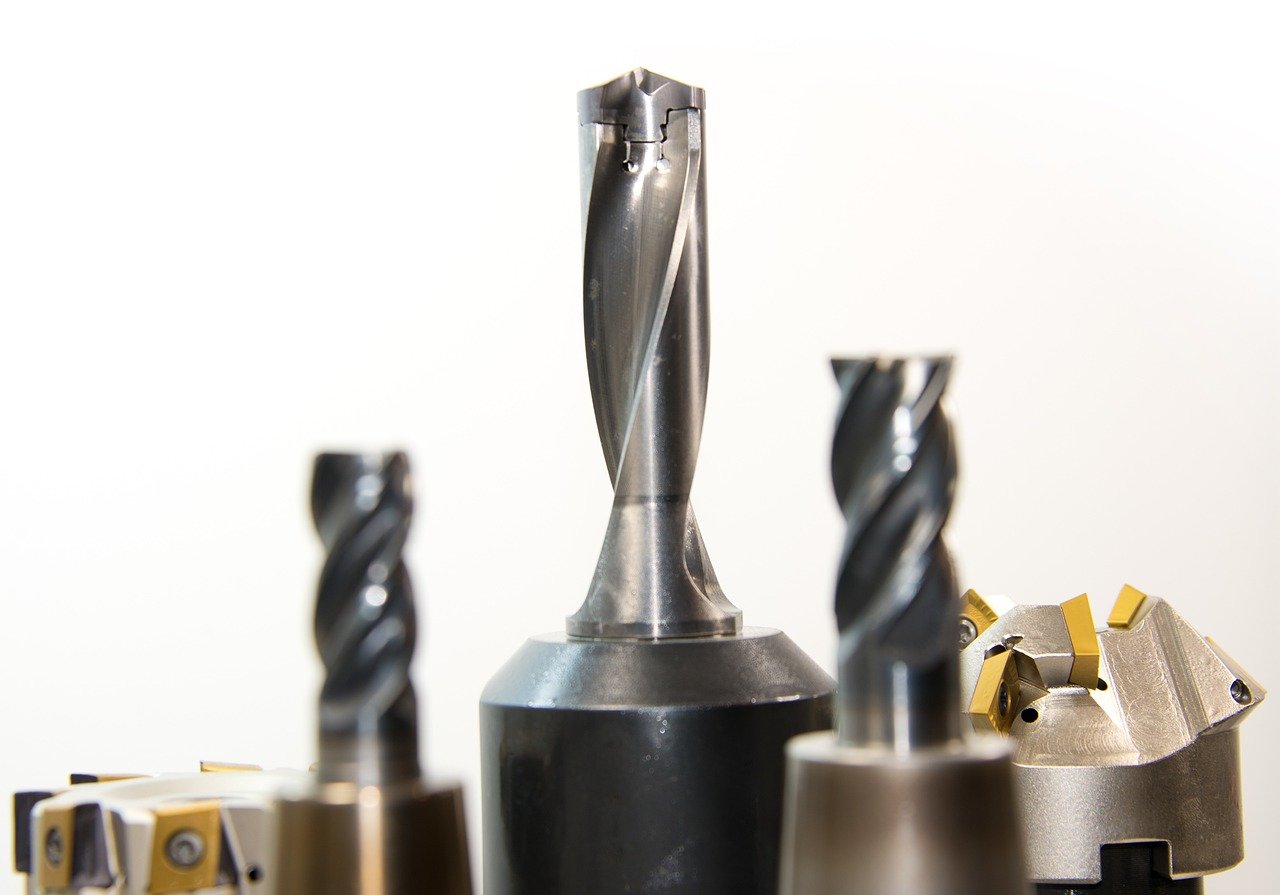Picture yourself stepping out of the shower feeling refreshed and rejuvenated. As you reach for your towel, you can’t help but notice the softness against your skin, the lightweight yet absorbent fabric effortlessly drying you off. It’s not just an ordinary towel; it’s made from cutting-edge materials and fabrics that are revolutionizing the way we experience comfort. In this article, we will explore the latest technological advances in towel materials and fabrics, and how they are shaping the future of our daily bathing rituals. So, get ready to discover a whole new level of coziness and indulgence with these innovative towels.

This image is property of pixabay.com.
Microfiber Towels
Benefits of Microfiber Towels
Microfiber towels have become increasingly popular in recent years due to their numerous benefits. One of the main advantages of microfiber towels is their exceptional absorbency. These towels are made from synthetic fibers that are incredibly fine, allowing them to absorb water and other liquids quickly and efficiently. In fact, microfiber towels can absorb up to seven times their weight in water, making them perfect for drying off after a shower or bath.
Another benefit of microfiber towels is their softness and gentle touch. The fibers used in these towels are incredibly fine, which gives them a plush and luxurious feel on the skin. Unlike traditional towels, microfiber towels are less likely to cause irritation or redness, making them ideal for people with sensitive skin.
In addition to their absorbent and soft qualities, microfiber towels are also known for their durability. These towels are designed to withstand frequent use and washing without losing their effectiveness. With proper care, microfiber towels can last much longer than traditional towels, making them a cost-effective option in the long run.
How Microfiber Towels are Made
Microfiber towels are typically made from a blend of polyester and polyamide fibers. These fibers are incredibly thin, measuring less than one denier in diameter. To create the towel fabric, these fibers are woven or knitted together, resulting in a dense and absorbent material.
During the manufacturing process, the fibers are split into even smaller filaments, which increases their surface area and enhances their absorbency. This splitting process also helps to capture and trap dirt and debris within the fabric, making microfiber towels excellent for cleaning purposes.
The final step in the production of microfiber towels involves finishing the fabric to give it its soft and plush feel. This can be achieved through techniques such as brushing or sanding the fabric’s surface. The result is a towel that is not only highly absorbent but also incredibly comfortable to use.
Applications of Microfiber Towels
Microfiber towels have a wide range of applications due to their superior absorbency and softness. They are commonly used in the automotive industry for cleaning and detailing cars. The fine fibers are able to reach into tight spaces and pick up dirt and dust with ease, making them an essential tool for car enthusiasts and professionals alike.
Microfiber towels are also popular in household cleaning. Their absorbent properties make them perfect for wiping up spills and drying surfaces, while their softness ensures they won’t scratch delicate surfaces or leave lint behind.
Additionally, microfiber towels are commonly used in the hospitality industry. Their ability to absorb large amounts of liquid quickly makes them ideal for use in hotels and spas. Guests can enjoy the luxurious feel of microfiber towels while benefiting from their exceptional drying capabilities.
Overall, microfiber towels offer numerous benefits and can be used in various settings, making them a versatile and practical choice.
Bamboo Towels
Eco-Friendly Properties of Bamboo Towels
Bamboo towels have gained popularity as an eco-friendly alternative to traditional towels. Bamboo is a renewable resource that grows quickly and requires minimal water and pesticides to thrive. Unlike cotton, which is known for its heavy water and chemical usage, bamboo can be cultivated in a more sustainable manner.
The cultivation of bamboo also has a positive impact on the environment. Bamboo forests help reduce greenhouse gas emissions and contribute to cleaner air by releasing more oxygen into the atmosphere compared to other types of trees. Additionally, bamboo absorbs more carbon dioxide from the air than most plants, making it an excellent tool in combating climate change.
Softness and Absorbency of Bamboo Towels
Apart from their eco-friendly properties, bamboo towels are also loved for their softness and absorbency. The fibers of bamboo towels are naturally silky and smooth, providing a luxurious feel against the skin. This makes them a popular choice for those seeking a soft and gentle towel.
In terms of absorbency, bamboo towels perform exceptionally well. The fibers have a high moisture-wicking capability, allowing them to quickly and efficiently absorb water. This makes bamboo towels perfect for drying off after a shower or swim, as they can remove moisture from the skin without excessive rubbing or friction.
Anti-Bacterial and Odor-Resistant Properties
One of the unique properties of bamboo towels is their natural anti-bacterial and odor-resistant qualities. Bamboo contains a bio-agent called “bamboo kun,” which naturally inhibits the growth of bacteria and fungi. This makes bamboo towels hygienic and less prone to unpleasant odors caused by bacteria.
Furthermore, bamboo towels are hypoallergenic, making them suitable for people with sensitive skin or allergies. The antibacterial properties of bamboo can help reduce the risk of skin irritations and infections, providing a safe and comfortable option for all users.
Overall, bamboo towels offer a combination of eco-friendliness, softness, and hygiene, making them an excellent choice for those who prioritize sustainability and comfort.
Hemp Towels
Sustainability of Hemp Towels
Hemp towels are gaining attention for their sustainability and eco-friendly properties. Hemp is a versatile plant that requires minimal water and pesticides to grow, making it an environmentally friendly choice. Additionally, hemp plants can be cultivated without the need for fertilizers, as they naturally restore nutrients to the soil.
Hemp cultivation also has a positive impact on the environment. Hemp plants absorb large amounts of carbon dioxide from the atmosphere, making them effective in combating climate change. Furthermore, the cultivation of hemp helps to prevent soil erosion and improve soil health, making it a sustainable and regenerative crop.
Durability and Strength of Hemp Towels
Hemp towels are known for their durability and strength. Hemp fibers are one of the strongest natural fibers, making them resistant to wear and tear. This means that hemp towels can withstand frequent use and washing without losing their effectiveness or becoming damaged.
The strength of hemp towels also allows them to maintain their shape and structure over time. Unlike other towels that may become misshapen or lose their fluffiness, hemp towels retain their integrity, ensuring that they continue to provide high-quality performance even after extended use.
Hypoallergenic and Moisture-Wicking Properties
Another advantage of hemp towels is their hypoallergenic and moisture-wicking properties. Hemp fibers naturally repel allergens such as dust mites, mold, and mildew, making them an ideal choice for individuals with allergies or sensitivities.
Hemp towels also have excellent moisture-wicking capabilities, similar to bamboo towels. They can absorb moisture quickly from the skin, allowing for efficient drying. This not only helps to prevent the growth of bacteria but also reduces the risk of skin irritations or rashes caused by prolonged dampness.
In summary, hemp towels offer sustainability, durability, and hypoallergenic properties, making them an excellent choice for those seeking a long-lasting and eco-friendly towel option.
Silver-Infused Towels
Antibacterial and Antimicrobial Properties of Silver
Silver-infused towels have gained popularity for their antibacterial and antimicrobial properties. Silver has long been recognized for its ability to inhibit the growth of bacteria, viruses, and fungi. When incorporated into towel fabrics, silver can help keep the towels clean and free from harmful microorganisms.
Unlike traditional towels that can harbor bacteria and unpleasant odors, silver-infused towels provide an extra layer of protection against microbial growth. This makes them an excellent choice for those who prioritize hygiene and cleanliness.
Benefits of Silver-Infused Towels for Hygiene
The antibacterial properties of silver-infused towels offer several benefits for hygiene. These towels can effectively reduce the presence of bacteria on the skin when used after bathing or washing. This can help minimize the risk of infections or skin irritations caused by bacteria.
Furthermore, silver-infused towels can help control odors by inhibiting the growth of odor-causing bacteria. This ensures that the towels remain fresh and pleasant-smelling even after multiple uses.
How Silver is Incorporated into Towel Fabrics
Silver is incorporated into towel fabrics through various methods. One common technique is to use silver nanoparticles, which are extremely small particles of silver. These nanoparticles are embedded into the fibers of the towel during the manufacturing process, ensuring that the silver is evenly distributed throughout the fabric.
Another method is to apply a solution containing silver ions onto the towel fabric. The silver ions bond with the fibers, creating a long-lasting antimicrobial effect.
The incorporation of silver into towel fabrics is designed to be durable and long-lasting. It typically remains effective even after multiple washes, ensuring that the towels continue to provide the hygiene benefits associated with silver.
In conclusion, silver-infused towels provide antibacterial and antimicrobial properties that contribute to enhanced hygiene and cleanliness.

This image is property of pixabay.com.
Modal Towels
Soft and Luxurious Feel of Modal Towels
Modal towels are known for their soft and luxurious feel. Modal is a type of rayon fabric made from natural beech tree fibers. These fibers are exceptionally fine, giving modal towels a silky texture that feels gentle and comfortable against the skin.
The softness of modal towels remains consistent even with repeated use and washing. Unlike some other fabrics that become rough or lose their softness over time, modal towels retain their plush feel, providing a touch of luxury every time they are used.
Moisture Absorption and Breathability of Modal Towels
Modal towels have excellent moisture absorption capabilities. The fine fibers of modal can quickly wick away moisture from the skin, leaving it dry and comfortable. This makes modal towels ideal for drying off after a shower or exercise, as they effectively remove excess moisture without excessive rubbing or friction.
Furthermore, modal towels are highly breathable, allowing air to circulate through the fabric. This helps to regulate body temperature and prevent the buildup of heat and sweat. The breathability of modal towels adds to their overall comfort, ensuring a pleasant drying experience.
Eco-Friendly Production of Modal Towels
Modal towels are considered an eco-friendly option due to their production process. The beech trees used to make modal fibers are typically grown in sustainably managed forests. These forests are carefully harvested, ensuring that new trees are planted to replace those that are cut down.
Modal production also requires fewer chemicals and water compared to other fabric manufacturing processes. The production of modal fibers uses a closed-loop system, where water and chemicals are continuously recycled, minimizing waste and reducing environmental impact.
The eco-friendly production process, combined with the luxurious feel and moisture absorption properties of modal towels, makes them an excellent choice for those who value sustainability and comfort.
Tencel Towels
Sustainable Production of Tencel Towels
Tencel towels are renowned for their sustainability and eco-friendly production. Tencel is a brand of lyocell fiber made from the wood pulp of sustainably sourced eucalyptus trees. The cultivation of eucalyptus trees requires significantly less water compared to other types of trees, making Tencel production more environmentally friendly.
The production of Tencel also utilizes a closed-loop system, where the chemicals used are recycled and reused. This significantly reduces the environmental impact associated with the manufacturing process. Additionally, Tencel production does not involve the use of harmful chemicals or solvents, making it a safer option for both workers and the environment.
Silky Smooth Texture of Tencel Towels
Tencel towels are prized for their silky smooth texture. The fibers of Tencel are extremely fine, giving the towels a luxurious feel against the skin. This makes Tencel towels a favorite among those who appreciate a touch of elegance and indulgence in their daily routine.
The smoothness of Tencel towels also contributes to their absorbency. The fine fibers are able to quickly and efficiently absorb moisture, leaving the skin feeling dry and refreshed. This makes Tencel towels perfect for use after a bath or swim, as they can effectively remove water without excessive rubbing or irritation.
Moisture-Wicking and Anti-Bacterial Properties
Similar to modal and bamboo towels, Tencel towels have excellent moisture-wicking capabilities. The fine fibers can quickly draw moisture away from the skin and distribute it throughout the fabric, allowing for efficient drying. This helps to prevent the growth of bacteria and reduce the risk of skin irritations.
Additionally, Tencel fabrics are naturally hypoallergenic, making Tencel towels suitable for individuals with sensitive skin or allergies. The absence of harmful chemicals or irritants in Tencel towels ensures a safe and gentle experience for all users.
Tencel towels blend sustainability, luxurious texture, and practicality, making them an excellent choice for those seeking a high-quality and eco-friendly towel option.

This image is property of pixabay.com.
Smart Textile Towels
Integration of Technology into Towel Fabrics
Smart textile towels represent the cutting edge of towel materials and fabrics. These innovative towels incorporate various technologies into their fabrics to provide enhanced functions and features. Smart textile towels utilize sensors, conductive yarns, and other electronic components to create towels that can interact with users or adapt to environmental conditions.
The integration of technology into towel fabrics opens up a world of possibilities for improving functionality and convenience. From towels that can measure body temperature or heart rate to towels that can adjust their absorbency based on moisture levels, smart textile towels are revolutionizing the way we think about this everyday item.
Smart Features and Benefits of Smart Textile Towels
Smart textile towels offer a range of features and benefits that go beyond traditional towels. One common feature is the ability to monitor vital signs and provide health-related feedback. These towels can be particularly useful in healthcare settings or for individuals who want to track their health and wellness.
Some smart textile towels are designed to regulate temperature and moisture levels. They can detect changes in body temperature or environmental conditions and adjust their properties accordingly. For example, a towel may become cooler when exposed to heat or provide extra warmth when needed. This ensures optimal comfort and functionality in various situations.
Smart textile towels can also incorporate connectivity features, allowing them to connect to smartphones or other devices. This enables users to access personalized settings, receive notifications, or track usage. The connectivity aspect adds convenience and customization to the towel experience.
Examples of Smart Textile Towel Innovations
Several innovative smart textile towels have already emerged in the market. For example, there are towels embedded with UV sensors that can detect harmful UV radiation and alert users when it’s time to reapply sunscreen. These towels provide an extra layer of protection against sunburn and skin damage.
Another example is a towel with embedded microelectronics that can generate heat and provide a comforting warmth. These heated towels are perfect for chilly climates or for those who enjoy the luxurious feeling of warmth after a shower or bath.
There are also smart textile towels that incorporate Bluetooth technology, allowing users to control various settings through their smartphones. This includes adjusting temperature, setting timers, or receiving reminders for towel maintenance or replacement.
The possibilities for smart textile towels are constantly expanding, with ongoing research and development in this field. As technology continues to evolve, we can expect even more exciting and innovative advancements in smart textile towel materials and fabrics.
Nanotechnology in Towel Materials
Enhanced Performance of Towels with Nanotechnology
Nanotechnology has made a significant impact on the performance of towel materials. By manipulating materials at the nanoscale, scientists have been able to enhance various properties of towels, including water and stain resistance, durability, and even antimicrobial capabilities.
One of the key benefits of nanotechnology in towel materials is the creation of water-repellent and stain-resistant surfaces. Nanocoatings can be applied to the towel fabric, creating a protective layer that repels water and prevents stains from penetrating the fibers. This allows for easier cleaning and maintenance, as liquids and stains can be wiped away with minimal effort.
Nanotechnology also improves the durability and longevity of towel materials. By reinforcing the fibers at the nanoscale, towels are more resistant to wear, tear, and pilling. This means that towels treated with nanotechnology can withstand frequent use and washing without losing their effectiveness or becoming damaged.
Water and Stain-Resistance with Nano Coatings
Nano coatings play a significant role in enhancing water and stain resistance in towel materials. These coatings are comprised of nanoparticles that form a thin and invisible layer on the fabric’s surface. This layer creates a barrier that repels liquids, preventing them from being absorbed by the fibers.
The water-repellent properties of nano-coated towels are particularly useful in situations where quick drying is crucial. Whether it’s at the beach or the gym, these towels can quickly shed water and moisture, ensuring that users stay dry and comfortable.
Furthermore, nano-coated towels have the added benefit of stain resistance. The protective layer prevents stains from penetrating the fabric, making it easier to remove dirt, oils, or food residues. This reduces the frequency of washing and prolongs the lifespan of the towels.
Future Applications of Nanotechnology in Towel Fabrics
The integration of nanotechnology into towel fabrics holds great promise for future developments. Researchers are exploring the use of nanoparticles to enhance towels’ antimicrobial properties, making them more resistant to the growth of bacteria, viruses, and fungi.
Additionally, nanotechnology may also be utilized to introduce innovative features such as self-cleaning capabilities. Scientists are investigating ways to create towel fabrics that can break down dirt and impurities when exposed to light or heat, minimizing the need for washing and reducing water consumption.
Nanotechnology is a rapidly evolving field, and its applications in towel materials are only beginning to be realized. As more research and development takes place, we can look forward to even more exciting and groundbreaking advancements in towel technology.
Heated Towels
Luxurious and Comforting Warmth of Heated Towels
Heated towels offer a luxurious and comforting warmth that transforms the everyday bathing experience. These towels are equipped with heating mechanisms that generate heat, providing a spa-like sensation right in the comfort of your own home.
The warmth of heated towels helps to relax muscles, promote circulation, and provide a sense of cozy comfort. Whether you’re stepping out of a cold shower or looking to unwind after a long day, heated towels can create a soothing and indulgent experience.
Different Heating Mechanisms for Heated Towels
Heated towels utilize various heating mechanisms to generate warmth. One common method is the use of electrical elements embedded within the towel fabric. These elements heat up when connected to a power source, allowing the towel to provide a gentle and consistent warmth.
Another heating mechanism involves the use of heated towel racks or bars. These racks are designed to warm the towels through conduction, creating a cozy environment for drying or wrapping yourself in warmth.
Some advanced heated towel systems also incorporate timers or thermostats, allowing users to customize the temperature and duration of heating. This ensures optimal warmth and comfort while also conserving energy.
Benefits and Uses of Heated Towels
Heated towels offer numerous benefits and can be used in a variety of situations. One of the key advantages is their ability to provide instant warmth. This can be particularly beneficial during colder seasons or in regions with chilly climates. The comforting warmth of heated towels can help alleviate the discomfort of cold weather and keep you cozy and snug.
Heated towels are also perfect for pampering yourself after a spa-like bath or shower. Wrapping yourself in a warm towel enhances the relaxation and indulgence of the experience. The soothing warmth can help relieve tension and provide a sense of well-being.
Furthermore, heated towels have practical uses beyond personal comfort. They can be used to keep towels dry and free from moisture, preventing unpleasant odors and mold growth. Additionally, heated towels can be beneficial for individuals with certain medical conditions, such as muscle or joint pain, as the warmth can help alleviate discomfort.
Overall, heated towels offer a touch of luxury, comfort, and practicality, making them a valuable addition to any bathroom.
Recycled Towels
Reducing Environmental Impact with Recycled Towels
Recycled towels are an eco-friendly option that helps reduce the environmental impact of towel production. These towels are made from fibers that have been sourced from recycled materials, such as post-consumer plastic bottles or textile waste. By repurposing these materials, the demand for virgin resources is reduced, resulting in lower energy consumption and carbon emissions.
By choosing recycled towels, you can contribute to waste reduction and promote sustainable practices. Instead of ending up in landfills or polluting the environment, materials are given a second life, helping to conserve natural resources and minimize the ecological footprint.
Innovative Methods of Manufacturing Recycled Towels
Manufacturers are continually developing innovative methods to produce recycled towels. One common process involves transforming plastic bottles into fibers that can be woven or knitted into towel fabrics. This process starts with cleaning and grinding the bottles into flakes, which are then melted and extruded into thin fibers. These fibers can then be processed into yarns and woven or knitted into towel fabrics.
Another method involves recycling textile waste from the production process or discarded garments. This waste is sorted, shredded, and processed into fibers that can be spun into new yarns. These yarns can then be used to create recycled towel fabrics.
In both processes, the resulting fibers or yarns are carefully selected to ensure they meet the required quality and performance standards. The recycled towel fabrics are designed to offer the same functionality and comfort as traditional towels while reducing the environmental impact.
Qualities and Advantages of Recycled Towels
Recycled towels offer several qualities and advantages that make them a sustainable and practical choice. Despite being made from recycled materials, these towels retain the softness, absorbency, and durability of traditional towels.
Recycled towels are also versatile, available in a wide range of colors and designs. This allows users to choose from a variety of styles that suit their preferences and home decor.
In addition to their eco-friendly properties, recycled towels are often produced using processes that minimize water and energy usage. This further reduces the environmental impact of manufacturing, contributing to a more sustainable and responsible production cycle.
By opting for recycled towels, you can actively participate in the circular economy and support a more sustainable future. Each time you use a recycled towel, you are making a positive impact on the environment and helping to reduce the consumption of finite resources.
In summary, recycled towels offer a sustainable and environmentally friendly option without compromising on quality or performance. They provide a practical way to reduce waste and promote responsible consumption.
